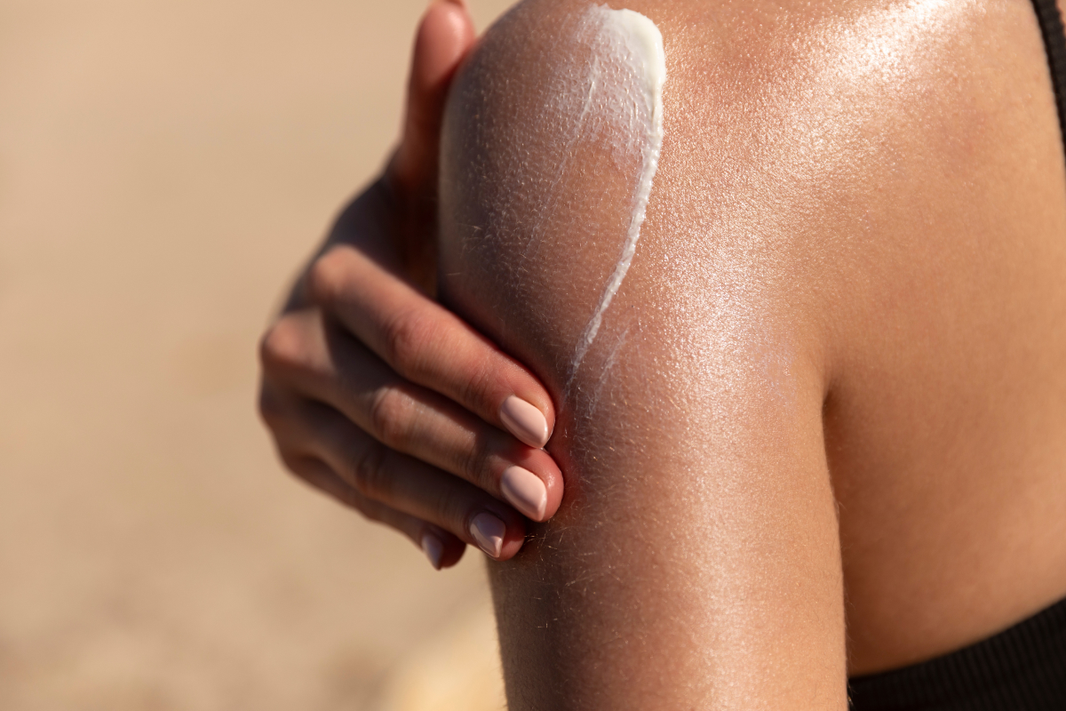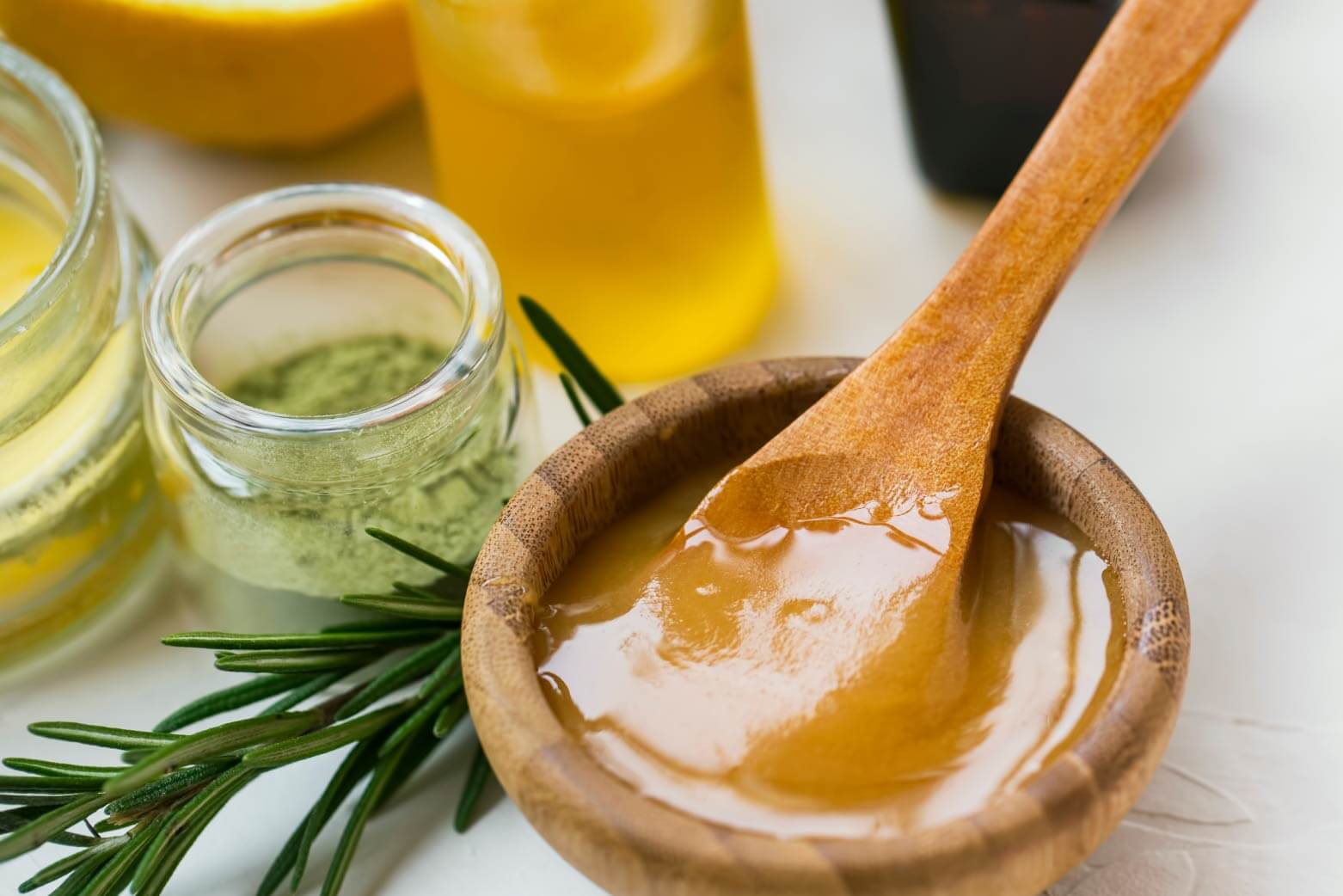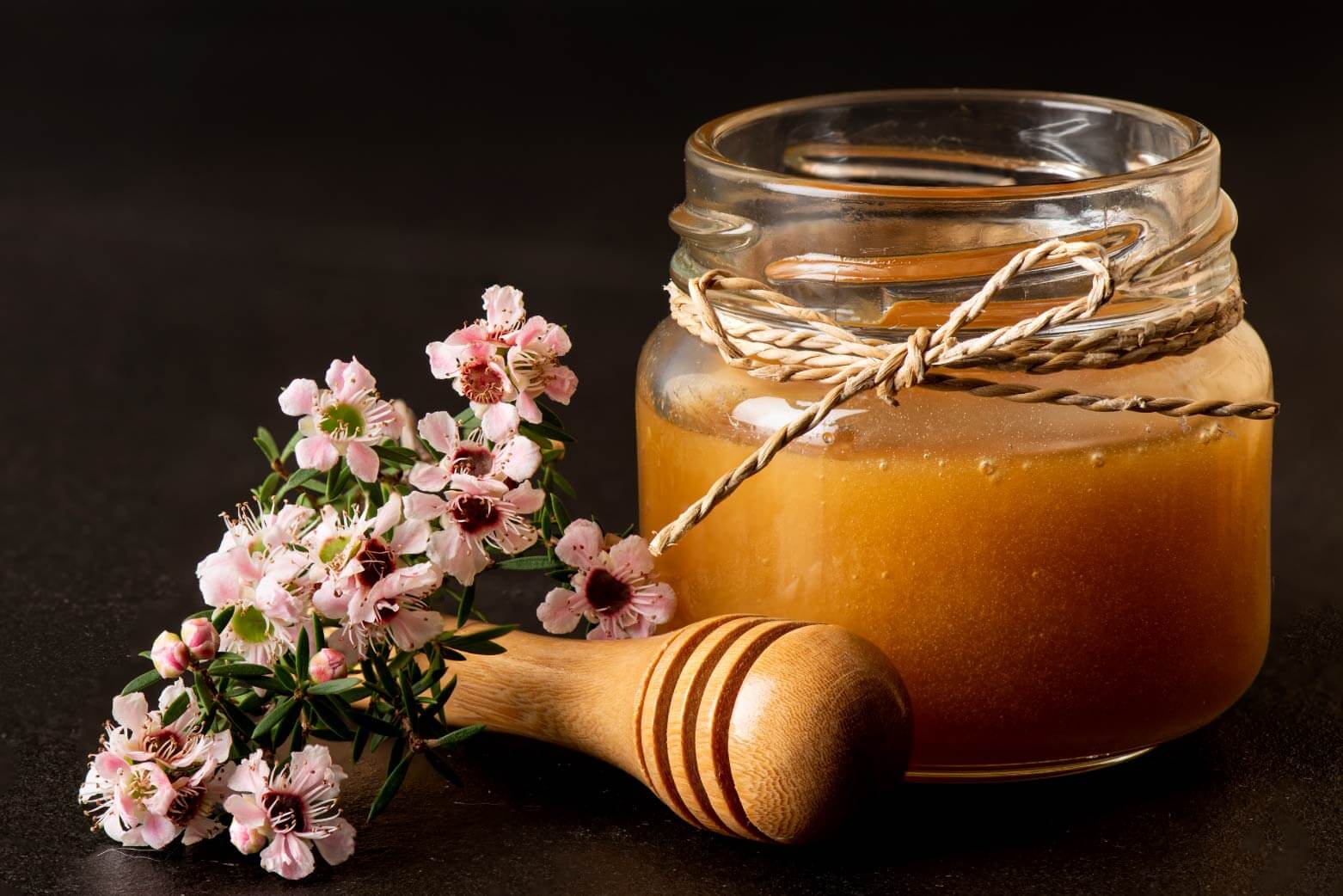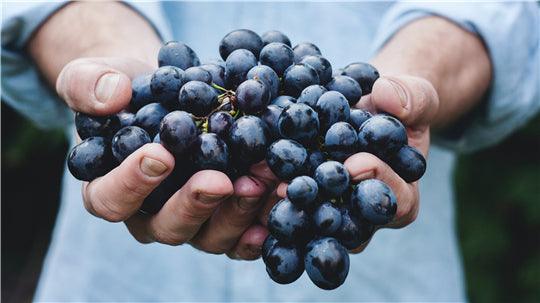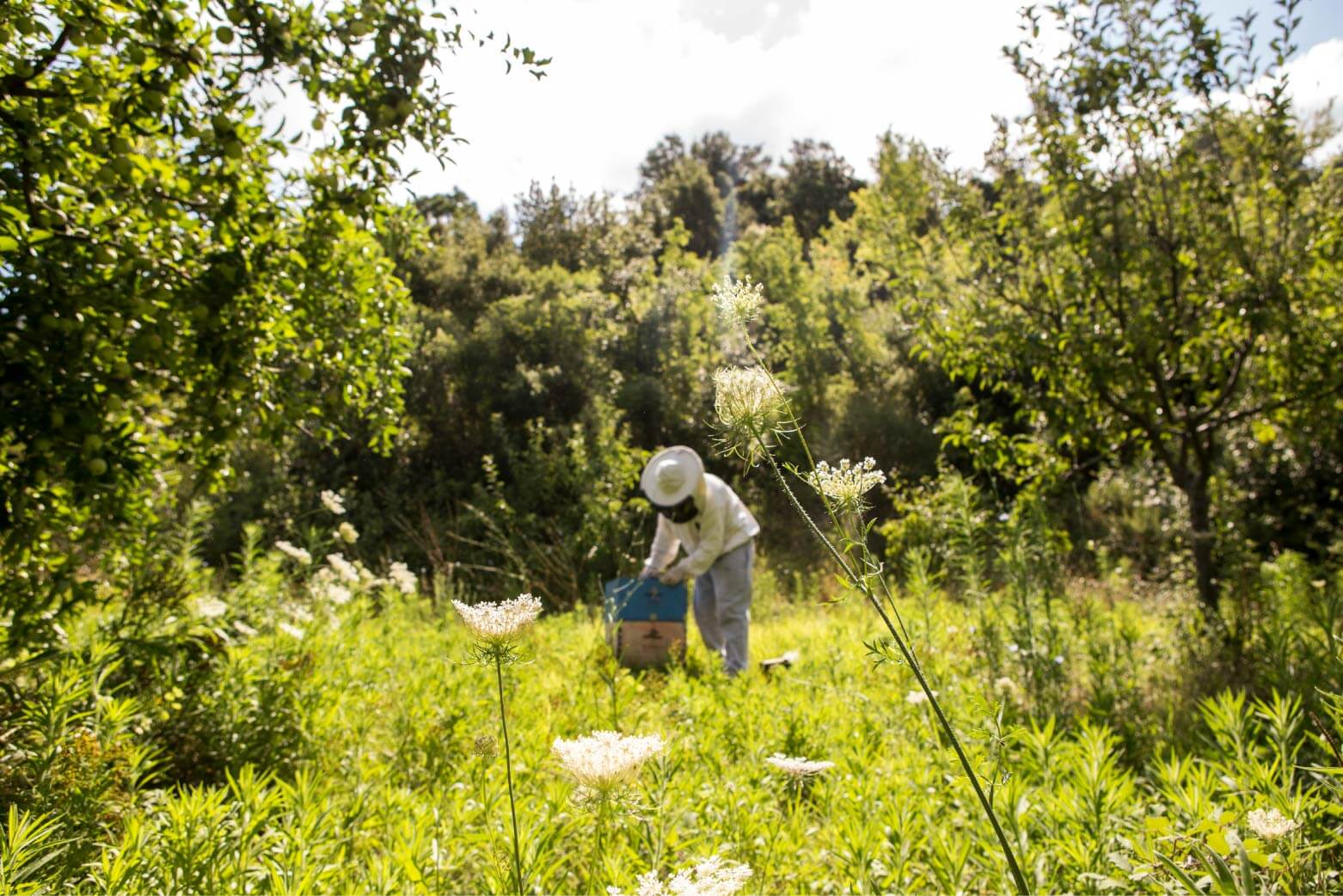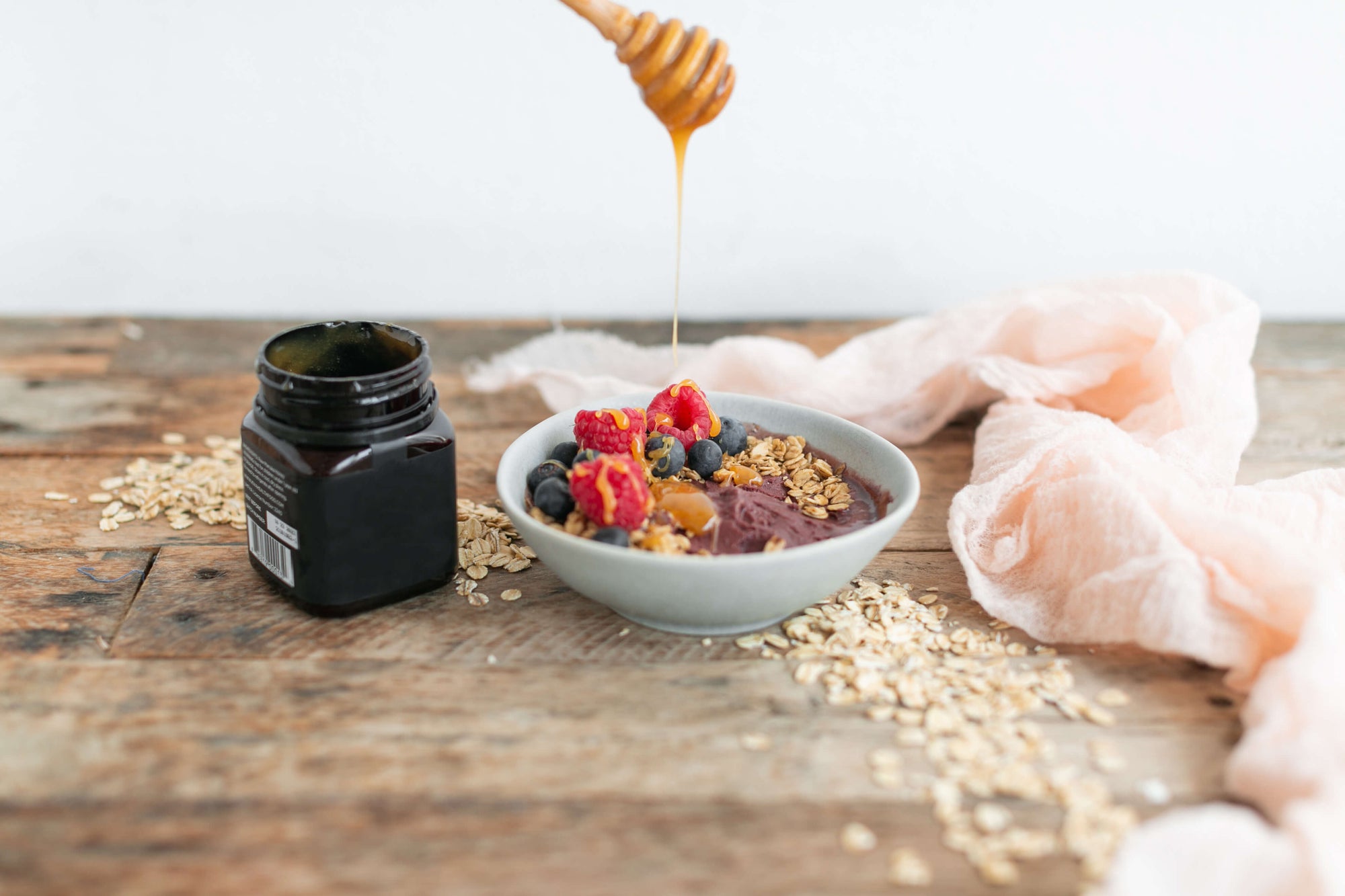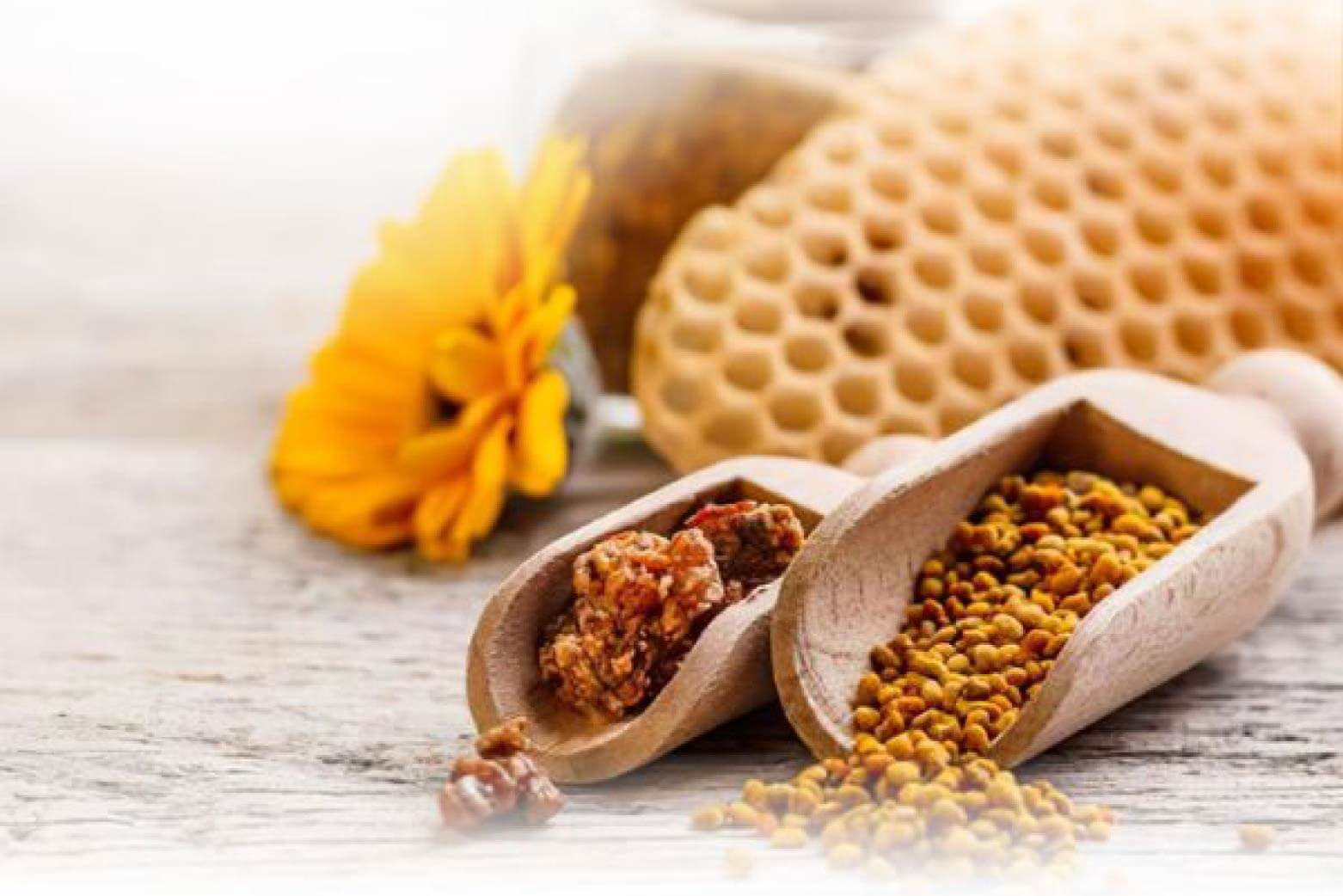Waitangi Day - 6 February - is New Zealand's national holiday held to commemorate the signing of New Zealand's founding document - the Treaty of Waitangi - in 1840
The national holiday was first declared in 1974, and since then has grown in significance for all New Zealanders through the Māori renaissance that has fostered better understanding of the Treaty’s ramifications.
Official celebrations are held at the Waitangi Treaty Grounds in the Bay of Islands, Northland, but there are also many other events throughout the country.
Māori cultural performances, speeches from Māori and Pakeha (European) dignitaries, and a naval salute are all part of the annual activities at Waitangi.
The Ngatokimatawhaorua, one of the world’s largest Māori ceremonial waka (war canoe), sits on the grounds at Waitangi. The 70-year-old waka was made from massive trunks of New Zealand’s giant kauri trees, the gigantic waka - which weighs an incredible six tonne when dry - must first be moved by human force across the Treaty grounds and down to the sea.
Carried out and blessed by members of the local iwi / Māori tribe, this is a tradition that happens only once a year to celebrate Waitangi Day. The enormous wooden vessel, with room for 80 paddlers and 55 passengers, is an impressive sight both on land and on the water.
Waitangi also hosts a festival on the special day that includes music, dance, food and traditional Māori customs.
Waitangi Day celebrations happen all over New Zealand. In Auckland - New Zealand’s largest city - the national day is celebrated with family friendly events taking place across the city. Picnics, local food stalls, traditional kapa-haka, music and entertainment will all be in abundance on Waitangi Day in Auckland, and by night, the iconic Auckland Harbour Bridge lights up with 90,000 LEDs featuring stunning Māori imagery and sounds throughout the weekend to mark this occasion.
Wellington - the nation’s capital - holds an event that celebrates Waitangi Day with Te Rā o Waitangi - a family day of kai / food (including hāngi and food trucks), kapa haka performance and live music at Waitangi Park on the city's Ara Moana waterfront. This park was originally a large wetland used by Māori as a source of food, water and for launching waka / carved wooden canoes. The name acknowledges the site as a significant Wellington landmark for both Māori and Pakeha, and as a space for recreation and events.
Elsewhere, Waitangi Day celebrations cover all sorts of occasions from major sporting events to rodeos, and even a folk music festival.

